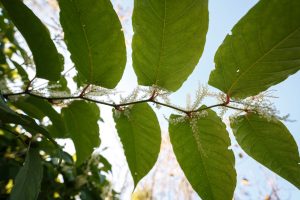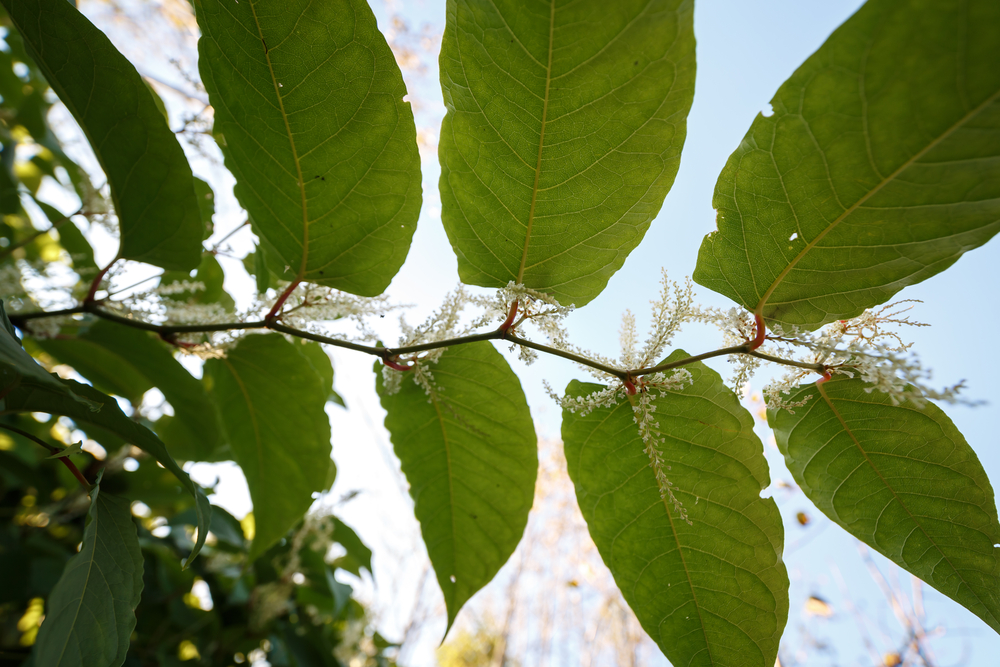Strict rules imposed by mortgage lenders which force homeowners with Japanese knotweed to tackle the problem mean the invasive weed could be ‘under control’ by 2040, research has revealed.
 The destructive plant has long been seen as a threat to homes, costing UK homeowners and businesses around £166 million every year in treatment costs and devaluation of properties.
The destructive plant has long been seen as a threat to homes, costing UK homeowners and businesses around £166 million every year in treatment costs and devaluation of properties.
As such, mortgage lenders are reluctant to offer loans on properties affected by Japanese knotweed and will only proceed if a professional treatment plan is in place with an insurance-backed guarantee lasting five or ten years.
But this demand, which ensures if the knotweed returns that further treatment is guaranteed to take place to ensure the property and loan remain protected, has had a powerful impact on the spread of the plant.
With this in place, and if the turnover of properties remains at around the typical level of 4.5%, the problem will be under control within 22 years, say experts at Japanese knotweed removal specialists Environet UK.
Dealing with a backlog
The firm explained the problem of Japanese knotweed had only been confronted by lenders in the last decade, which meant firms were currently still dealing with a huge backlog of affected properties.
However, Nic Seal, founder and managing director of Environent, added: “The normal churn of around 4.5% of UK properties coming to market every year means that by 2040, the vast majority of UK housing stock will have been sold at least once and any knotweed infestations should have been tackled.
“While new cases of knotweed will, of course, arise in that time, and knotweed will continue to encroach on our homes from public land, railways and roadsides, the rapid spread of the weed across the UK will be under control by that point.”
Disclosure
Currently, even if a property is bought without a mortgage, it is a legal requirement for the seller to disclose if knotweed is present when filling out the Law Society’s TA6 Conveyancing Form.
If they are unaware or fail to disclose, surveyors should pick up the presence of the weed during a survey which would prompt a treatment plan.
A Parliamentary Inquiry, by the Science and Technology Committee, is currently underway to investigate the impact of Japanese knotweed and whether current mortgage lending decisions are based on sound scientific evidence. The inquiry was expected to publish its findings in early 2019.














